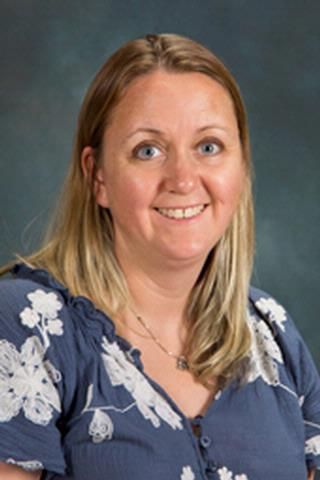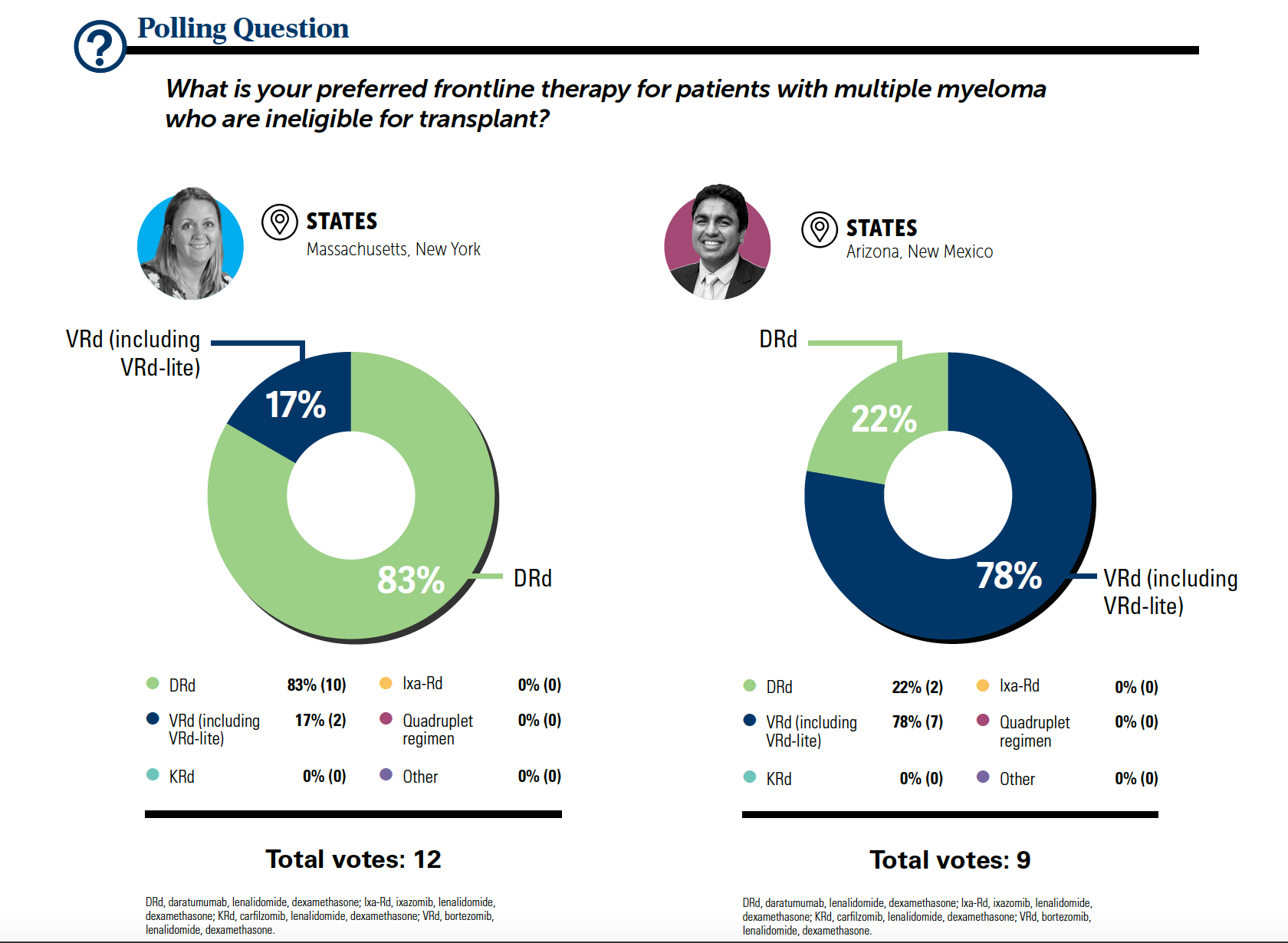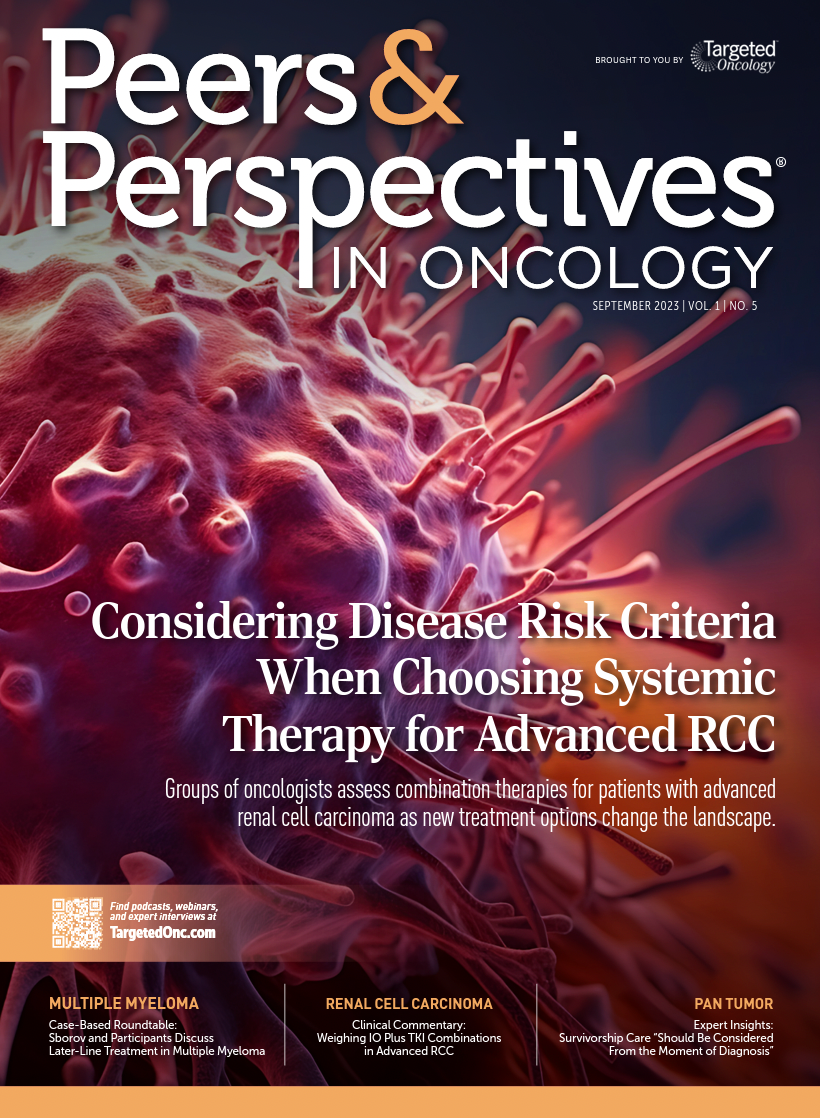Roundtable Roundup: Physicians Choose Frontline Therapy for Multiple Myeloma
At separate live virtual events, Brea C. Lipe, MD, and Amandeep Godara, MD, MBBS, discussed options for the same elderly patient with multiple myeloma who is not able to receive a transplant.
CASE SUMMARY
- An 81-year-old man was diagnosed with λ light-chain multiple myeloma.
- International Staging System (ISS) score: III; revised ISS score: II
- Serum-free λ light chain at diagnosis: 9587 mg/L
- 50% to 60% standard risk by fluorescence in situ hybridization
- PET/CT: positive uptake in some ribs and collapse of T7
- No extramedullary disease
- Medical history: diabetes, hypertension
- ECOG performance status: 2
- International Myeloma Working Group frailty status: intermediate-frail
- Based on age and comorbidities, the patient was deemed ineligible for transplant.
Brea C. Lipe, MD
Clinical Director Multiple Myeloma Program
James P. Wilmot Cancer Center
Professor, Department of Medicine
University of Rochester Medical Center
Rochester, NY

LIPE: Most of my patients are on some sort of quadruplet [regimen]. I think one of the tenets of geriatric oncology, or of treating older patients with multiple myeloma, is that you don’t have to start everything all at once. You can start DRd [daratumumab (Darzalex), lenalidomide (Revlimid), dexamethasone] and see how they do, and then you can add in bortezomib [Velcade] if you want to get to a quadruplet. You can start with something else; you can start with VRd [bortezomib, lenalidomide, dexamethasone] and add in daratumumab, depending on how they’re doing. If we’re comfortable using VRd-lite, which is basically weekly bortezomib on a more prolonged schedule [plus] a lower dose of lenalidomide and a lower dose of dexamethasone—if we can do something like that, is it better to do something like VRd-lite or to do something like VRd-lite plus daratumumab? Can I lighten the load to get another drug in there? Is the benefit more from the dose or from the combination of therapy? I don’t know that we have good data for that, but what we do know is that there’s benefit to adding additional agents. I often think about a quadruplet for my transplant-ineligible patients, or I will also use it for patients who are on the fence; are they transplant eligible or not? Sometimes I think it’s like a litmus test; how well can you tolerate induction? If the patient can’t get through daratumumab plus VRd induction, then maybe they wouldn’t do so well with a transplant.
For so long, we would ask these questions, and there’d always be a doublet in there. Pretty much all of our data suggest that a triplet is preferred over a doublet in this transplant-ineligible patient population. But I think that doesn’t necessarily mean we never use a doublet. Is there a time for them? I think sometimes there is, when sometimes you get these older patients and the thought of starting 3 drugs is overwhelming to them, and they can’t do it. Again, nobody says you have that if you start with Rd [lenalidomide/dexamethasone], you can’t add daratumumab or add bortezomib. In my elderly patients in particular, I worry that if I go too hard at first, they don’t trust me yet, and they experience adverse events that are intolerable to them, they are the patients who are at risk for saying, “I’m not interested in this at all.” Sometimes my goal is just to prove to them that we can work together and find a way to help them live the life that they want to live and manage their disease at the same time. If that means that I have to go slow, as long as they’re not relapsing, [adding more therapy] doesn’t necessarily have to be in the first month or 2 months to get to [the regimen I want them to be on] as long as they’re not progressing. Most data would tell us that most people don’t progress in the first couple of months if they’re on therapy. It can take me a while to get to where I ultimately want to be if that helps me build the alliance with my patients and the trust that I’m going to treat their disease and I’m not going to beat them up.
Amandeep Godara, MD, MBBS
Assistant Professor
Huntsman Cancer Institute, University of Utah
Salt Lake City, UT

GODARA: When we look at the National Comprehensive Cancer Network guidelines, we have 2 choices [under preferred regimens]. One is DRd and the other is VRd. So these would be the top choices to consider, which are the top choices considered in the poll as well. There are several other options that could be tailored to the needs [of the patient], such as someone with renal failure...or preexisting neuropathy.
I think this is a group of patients where we do have to be very careful in terms of choosing the right treatment for them, because these patients are going to be at a higher risk of toxicities from the treatment. This is also going to be the group of patients [who] are going to have a higher treatment discontinuation rate. Toxicities occur; these are the patients [who] I think would seriously be thinking about whether or not they want to continue treatment.


Survivorship Care Promotes Evidence-Based Approaches for Quality of Life and Beyond
March 21st 2025Frank J. Penedo, PhD, explains the challenges of survivorship care for patients with cancer and how he implements programs to support patients’ emotional, physical, and practical needs.
Read More